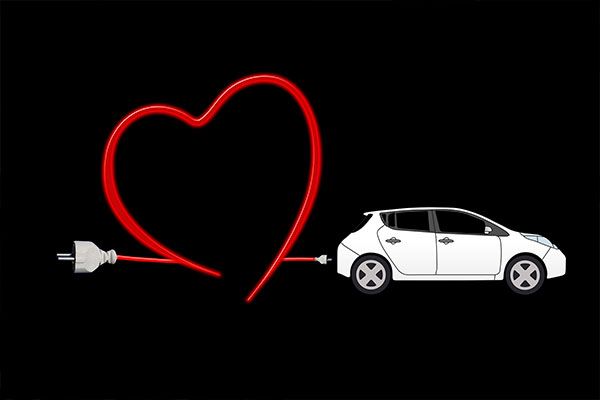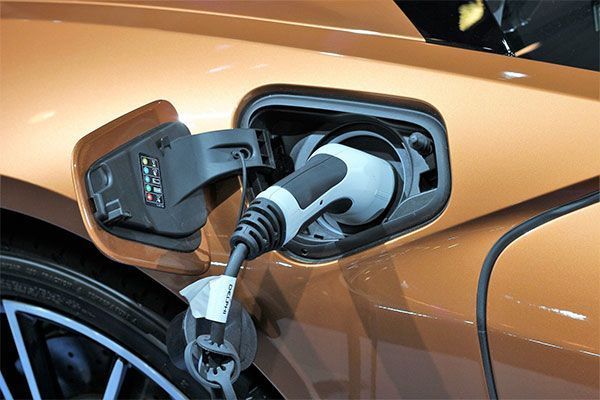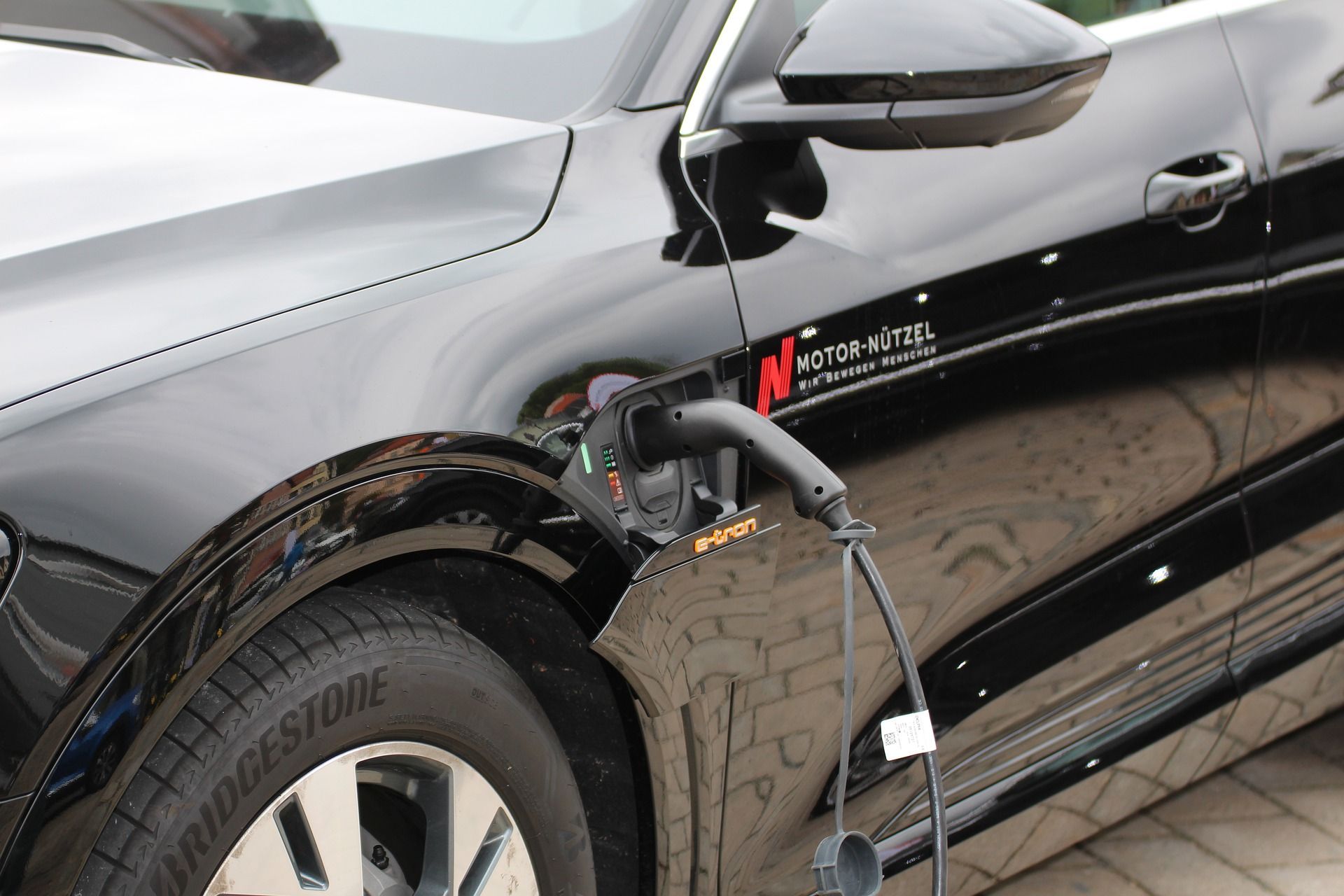We’ve already talked about the many environmental and financial benefits of buying an electric car. From [Italian] national and regional incentives and bonuses, to “fuel” cost savings, to zero maintenance costs. But there’s still a fear, which soon become objections from sceptics and detractors of electric mobility, and that’s the cost of replacing the batteries. There’s a misconception that makes people think that electric vehicle batteries need to be replaced after a few years, and that the cost of doing this will cancel out any financial advantages gained over the years. The phrase you see most often is, “after a few years you have to change the batteries, which costs you tens of thousands of euros”. But is it really true that electric vehicle batteries lose efficiency and must be replaced after a few years, at great cost? We’ll give you a reply straight away: no, it’s not true, the batteries are made to last years longer than the average life of an electric car.
To put your mind at rest, let’s have a look at some data, starting with the battery warranty offered by car manufacturers. Every car manufacturer offers different warranties on the various parts of a vehicle, usually based on wear and tear. The average battery pack warranty covers 8 years or between 160,000 and 200,000 kilometres. These vary from manufacturer to manufacturer, but not much, so we can assume a minimum of 170,000–180,000 km or eight years. If you’re thinking about buying an electric car and you want more accurate information, just Google “Battery warranty” and the name of the car manufacturer.

For example, on a Tesla Model 3 Long Range / Performance, the warranty period is 8 years or 192,000 km, whichever comes first. Further on in the warranty terms, you’ll find information on charge retention, which in this example is “with minimum 70% retention of battery capacity over the warranty period”. This means that if, in the 8 years, or 192,000 km, the car’s battery should break (for any reason) or not charge beyond 70%, the battery will be replaced free-of-charge, under the warranty.
From this example we have two pieces of data to consider: first, an 8-year or 192,000 km warranty is no small thing, and second, this is absolutely in line with the average life of a car. This means that there is a good chance that you’ll change your car before your warranty runs out. However, we understand only too well that many people, especially those who just think of a car as a means of getting around and not something to get emotional about, want to keep it for as long as possible, that is, for longer than eight years or more than 192,000 km. Continuing this line of thinking, it’s reasonable to assume that the minimum warranty data given by a car manufacturer is some way below actual performance, otherwise it would risk having to undertake a lot of work under warranty. In other words, after 8 years (or 192,000 km), the Model 3 we’re looking at here will have a retention of battery capacity well over 70%, and probably over 80%, and even realistically not far from 90%. We’re saying this simply because a car manufacturer isn’t going to establish risky thresholds, especially for costly components, like batteries. If the data wasn’t conservative, the risk would be too high and would leave a manufacturer facing enormous warranty costs to replace battery packs.
So, what does it mean, realistically, for a battery to lose 10-15% of capacity after 8 years or almost 200,000 km? For a Model 3 or a Kona Electric, which offer roughly the same range, it means that the range would fall from around 500 km to 430-450 km. We’re talking about a small reduction that doesn’t make a real difference to daily use. It’s just that you’ll have to charge the battery a day earlier than you would have done before, and we think it’s hard to imagine a situation where a 50 km reduction would make a huge difference to how the car is used.
We also have to consider that there are good habits that allow us to conserve battery health, like not fully-charging them and fully-discharging them unnecessarily. However, we’re quite certain that the warranty data given by car manufacturers aren’t based on “good charging practices”, but on bad habits that can make a battery deteriorate more quickly. And that can only make the long-term forecasts more optimistic. Tesla has already demonstrated that it’s possible to achieve over 90% retention of battery capacity after more than 10 years, results obtained with batteries based on ten-year-old technology, not as advanced as today’s models.

So, however you want to look at it, all the objective data lead us to conclude that there is no need to change electric vehicle batteries after a few years, and that manufacturers offer warranties that should make electric car owners or potential buyers sleep well at night.
What you save today, and in the years to come, by buying an electric car, will not change over time. Electric vehicle batteries don’t deteriorate quickly and don’t need to be replaced, leaving you facing huge bills. And if you do have problems, they’ll very likely occur long before 8 years or 200,000 km, during which time (or distance) you’ll be covered by the manufacturer’s warranty which would cover any potential expense.
In Collaboration with:









